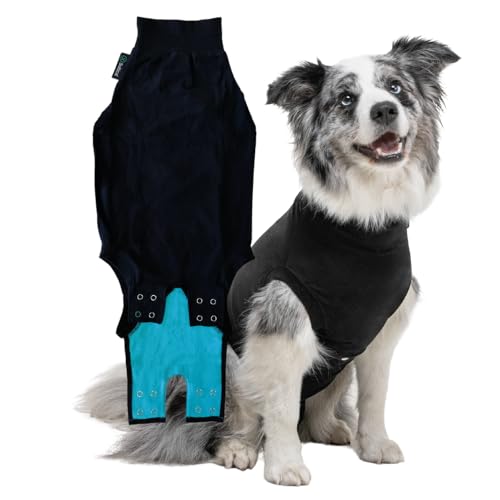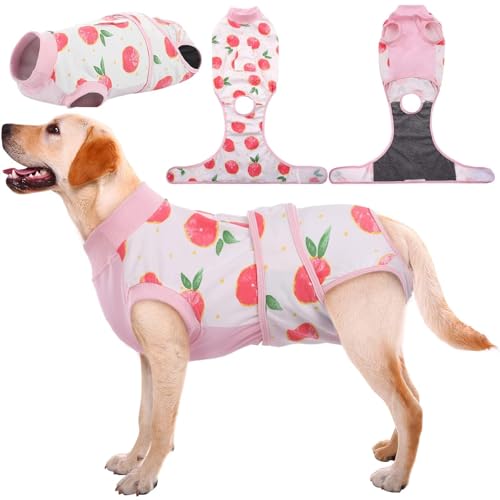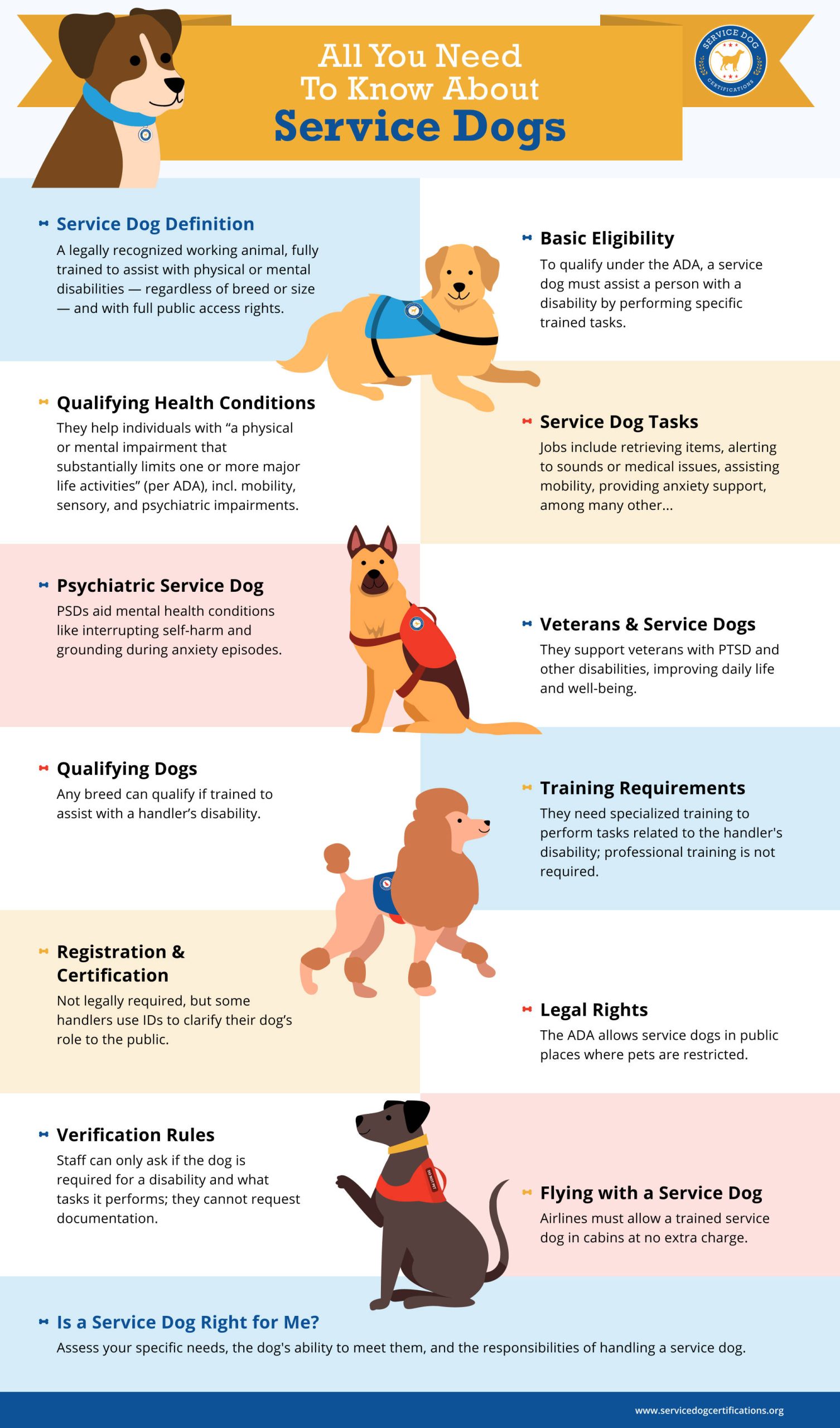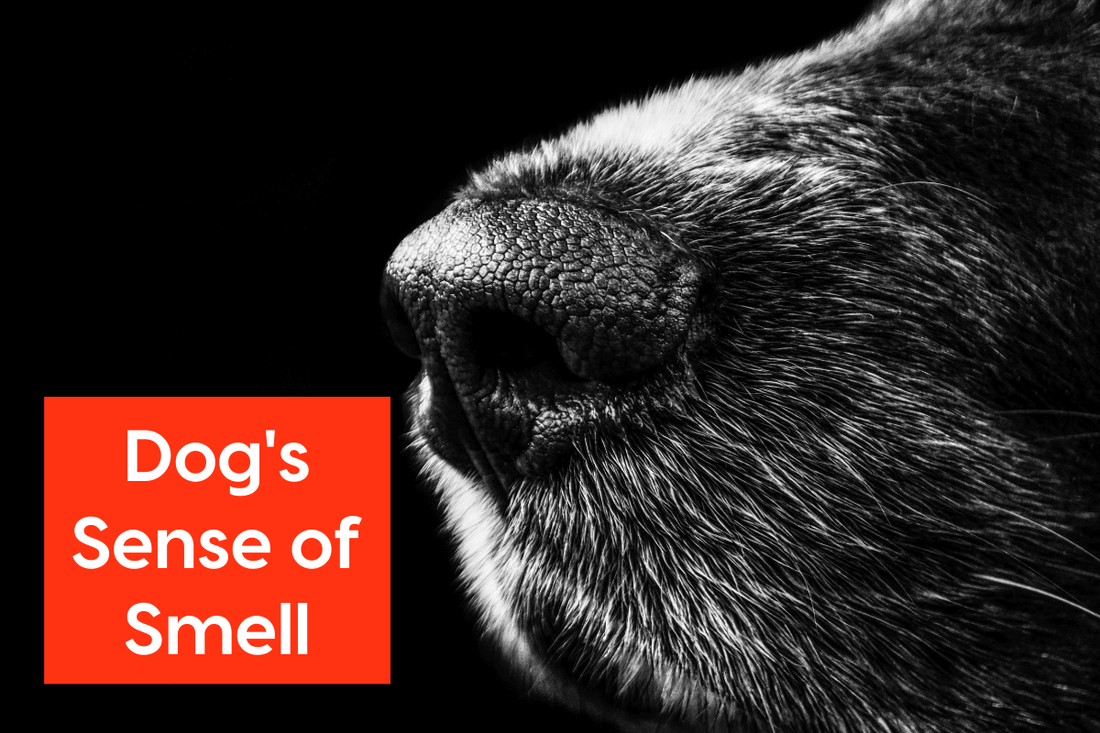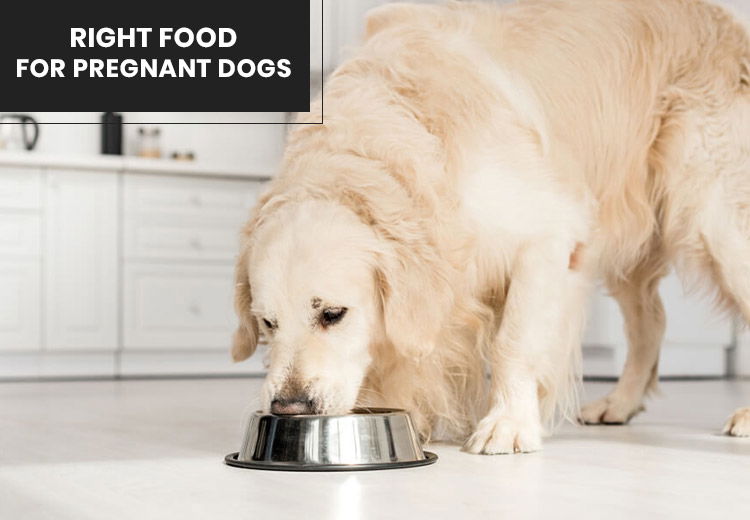If you have a pregnant dog, you want to make sure she gets the best care possible. One of the most important things you can do is feed her the right food.
But with so many options out there, how do you know what’s truly best for her and her growing puppies? You’re about to discover exactly what type of food will keep your dog healthy and strong during this special time.
Keep reading to learn how to give your furry friend the nutrition she needs to thrive.
Dietary Needs For Pregnant Dogs
Pregnant dogs need special care through their diet to support their health and their puppies’ growth. Their bodies work harder and require more nutrients. Feeding the right food helps maintain their strength and prepares them for delivery and nursing.
Increased Caloric Intake
Pregnant dogs need more calories than usual. Their energy needs rise as puppies grow inside. Increasing food portions gradually is important. The last trimester needs the highest amount of calories. Avoid sudden overfeeding to prevent weight problems.
Protein Requirements
Protein is essential for tissue growth and repair. Pregnant dogs need higher protein levels to build puppies’ muscles and organs. Choose high-quality protein sources like chicken, beef, or fish. Protein helps keep the mother’s body strong and healthy.
Fatty Acids Importance
Healthy fats support brain and eye development in puppies. Omega-3 fatty acids are especially important. They also help reduce inflammation and improve coat health. Include fish oil or flaxseed oil in the diet for these benefits.
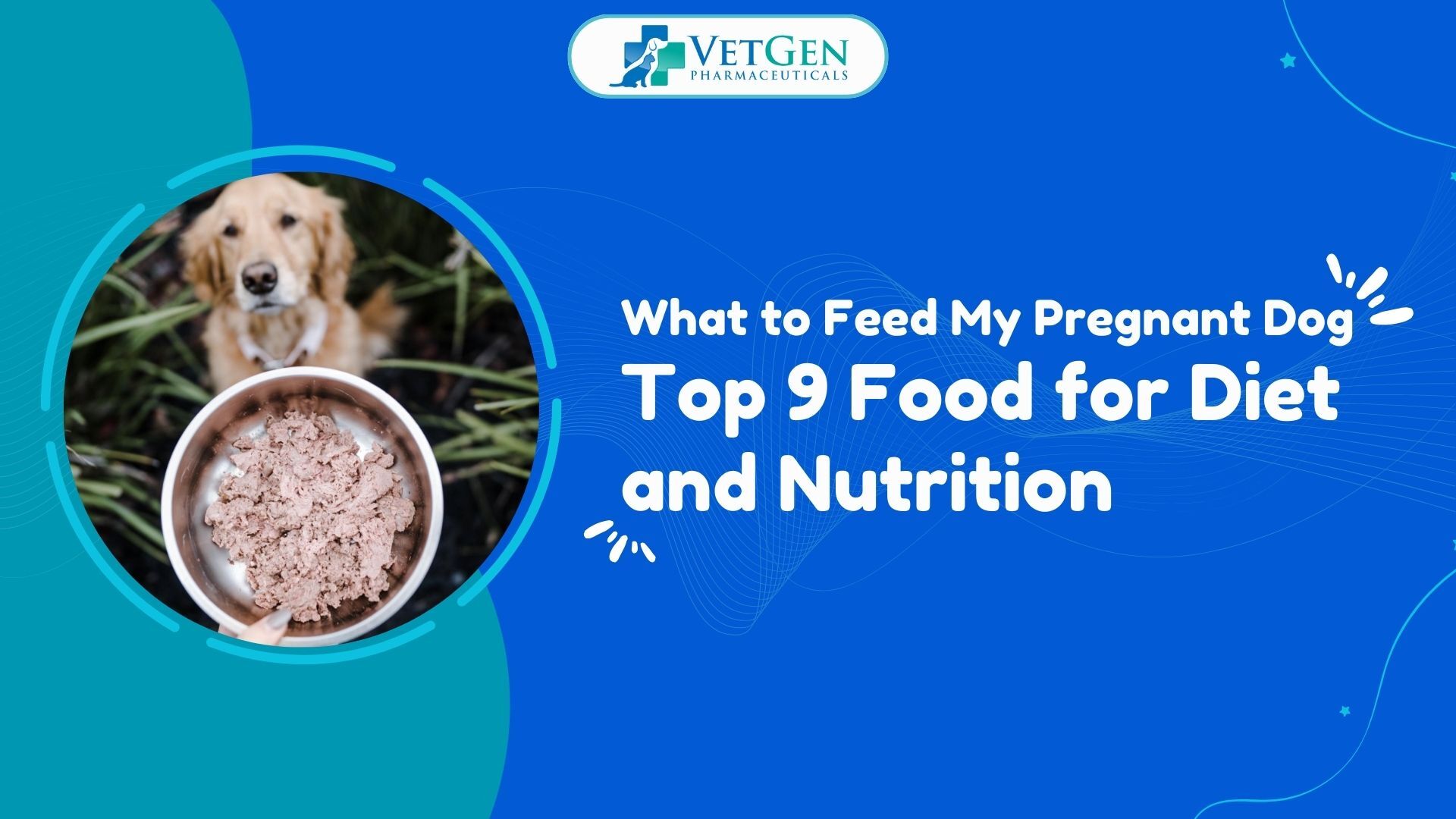
Credit: vetgenpharmaceuticals.com
Vitamins And Minerals
Vitamins and minerals play a crucial role in your pregnant dog’s health. These nutrients support both her body and the developing puppies. Ensuring she gets the right balance can prevent complications and promote strong growth.
Calcium And Phosphorus
Calcium and phosphorus are vital for building strong bones and teeth in both your dog and her puppies. Too little calcium can lead to weakness and even life-threatening conditions like eclampsia. You might think giving extra calcium is always good, but too much can cause problems too.
Check your dog’s food labels to ensure the calcium-to-phosphorus ratio stays close to 1.2:1. This helps maintain proper bone development without causing imbalances. If you’re unsure, talk to your vet before adding supplements.
Iron And Folic Acid
Iron supports healthy blood production, which is especially important during pregnancy as your dog’s blood volume increases. Folic acid helps prevent birth defects and supports the development of the nervous system in puppies.
Including iron-rich foods like lean meats or a vet-approved supplement can make a big difference. Folic acid is often added to prenatal dog foods, but double-check the ingredients to be sure your dog is covered.
Vitamin D And E
Vitamin D helps your dog absorb calcium, making it essential for bone health. Without enough vitamin D, calcium won’t be used properly, which could harm both mother and pups. Vitamin E acts as an antioxidant, protecting cells and supporting the immune system.
Most quality dog foods include these vitamins, but if your dog’s diet is homemade or limited, you might need to add them carefully. Have you noticed your dog’s energy level or coat condition? These can hint at vitamin deficiencies worth discussing with your vet.
Hydration Essentials
Keeping your pregnant dog well-hydrated is just as important as feeding her the right food. Water plays a critical role in supporting her increased blood volume, amniotic fluid, and overall health during pregnancy. Neglecting hydration can lead to serious complications, so understanding how to monitor and maintain it is key.
Water Consumption
Pregnant dogs need more water than usual because their bodies are working harder to support their growing puppies. Make sure fresh, clean water is always available and encourage your dog to drink frequently throughout the day.
If your dog isn’t drinking enough, try adding a little low-sodium broth to her water bowl. This can make the water more appealing without adding unnecessary calories. You might also offer ice cubes as a treat, which some dogs enjoy licking and can help increase fluid intake.
Ask yourself: Have you noticed any changes in how much your dog drinks since she became pregnant? Keeping a simple daily log can help you spot any drops in water consumption early.
Signs Of Dehydration
Dehydration can be dangerous for a pregnant dog and her puppies. Watch for signs like dry gums, sunken eyes, and lethargy. If you gently pinch the skin at the back of her neck, it should quickly return to normal—if it stays tented, dehydration may be present.
Other symptoms to watch for include panting excessively, loss of appetite, and weakness. If you notice any of these, act quickly by offering water and contacting your veterinarian.
Remember, spotting dehydration early can prevent complications. How often do you check your dog’s hydration status during her pregnancy? Making this a habit can make a big difference in her health.

Credit: www.becopets.com
Specialized Dog Foods
Specialized dog foods help meet the unique needs of pregnant dogs. These foods support the health of both the mother and her puppies. Proper nutrition during pregnancy affects growth, energy, and immune strength. Choosing the right diet ensures a smooth pregnancy and healthy puppies.
High-quality Commercial Dog Foods
High-quality commercial dog foods are formulated for pregnant dogs’ needs. They contain balanced proteins, fats, vitamins, and minerals. Look for products labeled for all life stages or specifically for pregnancy and lactation. These foods support increased energy demands and nutrient needs.
Many brands add extra calcium and phosphorus for bone development. Omega-3 fatty acids help brain and eye growth in puppies. These diets are convenient and tested for safety. Always check ingredient lists and avoid foods with fillers or artificial additives.
Homemade Diet Options
Homemade diets can suit pregnant dogs when prepared correctly. They allow control over ingredients and freshness. Include lean meats, cooked vegetables, and grains for balanced nutrition. Add supplements like calcium and fish oil based on vet advice.
Careful planning prevents nutrient gaps or excesses. Avoid raw meats and foods toxic to dogs, such as onions and garlic. Consult a vet or pet nutritionist before switching to homemade meals. Regular monitoring ensures the dog stays healthy during pregnancy.
Feeding Schedule And Portions
Feeding your pregnant dog properly is crucial for her health and the development of her puppies. Understanding the right feeding schedule and portion sizes will help you avoid common pitfalls like overfeeding or underfeeding. Let’s look at how to manage meal frequency and adjust portions effectively during this important time.
Frequency Of Meals
During pregnancy, your dog’s appetite will increase, but large meals can make her uncomfortable. It’s better to divide her daily food intake into smaller, more frequent meals.
Try feeding her 3 to 4 times a dayinstead of just once or twice. This helps with digestion and keeps her energy steady throughout the day.
Have you noticed your dog begging for food more often? This is a good sign to increase meal frequency, but avoid free-feeding which can lead to overeating.
Adjusting Portion Sizes
As pregnancy progresses, your dog will need more calories to support her growing puppies. But how much more food should you give?
Start by increasing her daily portion by about 10-15% in the first few weeks. Then, gradually raise it to almost double her normal intakein the last trimester.
Pay attention to her body condition—if she looks too thin or too heavy, adjust the portions accordingly. It’s better to add food in small amounts rather than making big jumps.
One practical tip: use a measuring cup to keep portions consistent. This helps you track her intake and avoid guessing, which can lead to nutritional imbalance.
Foods To Avoid
Choosing the right food for a pregnant dog is important for her health and the puppies. Some foods can harm her or cause problems during pregnancy. Avoiding certain foods helps keep her safe and strong.
Toxic Foods
- Chocolate can cause severe illness or death.
- Grapes and raisins may lead to kidney failure.
- Onions and garlic can damage red blood cells.
- Alcohol affects the nervous system and is dangerous.
- Caffeine can cause restlessness and heart issues.
- Xylitol, found in sugar-free gum, causes low blood sugar.
Potential Allergens
Some dogs may react badly to certain foods. Pregnant dogs are more sensitive to allergens. Watch for signs like itching, swelling, or vomiting.
- Wheat and corn may cause allergies in some dogs.
- Dairy products can upset the stomach or cause rashes.
- Eggs might trigger allergic reactions in sensitive dogs.
- Beef or chicken proteins sometimes cause food intolerance.
Monitoring Weight Gain
Monitoring your pregnant dog’s weight is essential to ensure both her health and the health of her puppies. Gaining too little or too much weight can lead to complications during pregnancy and delivery. Keeping a close eye on her weight helps you adjust her diet and exercise routine to keep things on track.
Healthy Weight Indicators
Healthy weight gain in a pregnant dog is gradual and steady. Typically, your dog should gain about 15 to 25 percent of her pre-pregnancy weight by the end of the pregnancy. You can use a simple scale to weigh her weekly and note any sudden jumps or drops.
Look for signs like a slightly rounded belly and increased appetite. If your dog’s ribs are still easily felt but not overly prominent, that usually means she’s within a healthy range. A quick way to check is by running your hands along her sides—do you feel a slight layer of fat but not a thick one?
Managing Overweight Issues
If your dog gains weight too quickly, it’s important to act fast. Excess weight can cause difficulties during birth and put extra strain on her heart and joints. Reducing high-calorie treats and switching to a balanced, nutrient-rich diet designed for pregnant dogs can help control weight.
Exercise is also key—gentle walks and light play keep your dog active without overexerting her. Always consult your vet before making changes. Have you noticed your dog gaining weight faster than expected? It might be time for a check-up and a tailored feeding plan.

Credit: www.hillspet.com
Consulting A Veterinarian
Consulting a veterinarian is essential for feeding a pregnant dog the right way. Pregnancy changes a dog’s nutritional needs. A vet’s advice ensures both mother and puppies stay healthy. Professional insights help avoid common feeding mistakes. Early guidance sets the stage for a smooth pregnancy and delivery.
Professional Guidance
Veterinarians understand the unique needs of pregnant dogs. They check the dog’s health and stage of pregnancy. This helps them suggest the best food types. Vets recommend foods rich in protein and calories. They also advise on vitamins and minerals. Regular vet visits track the dog’s progress and adjust diets.
Tailoring Diet Plans
Every pregnant dog is different. Vets create diet plans that fit each dog’s size and breed. They consider the dog’s weight and appetite changes. Plans may include special dog food or supplements. Feeding schedules also change to support energy needs. Custom diets reduce risks of health problems during pregnancy.
Frequently Asked Questions
What Is The Best Diet For A Pregnant Dog?
A pregnant dog needs high-quality, nutrient-rich food. Choose puppy-formulated diets rich in protein, fat, vitamins, and minerals. This supports healthy fetal growth and energy needs throughout pregnancy.
How Often Should A Pregnant Dog Eat Daily?
Feed a pregnant dog small, frequent meals. Increase feeding to 3-4 times daily during later pregnancy stages. This helps with digestion and energy supply for both mother and puppies.
Can Pregnant Dogs Eat Regular Adult Dog Food?
Regular adult dog food lacks extra nutrients for pregnancy. Switch to nutrient-dense puppy or all-life-stages food to meet increased protein and calorie requirements during pregnancy.
Should I Give Supplements To A Pregnant Dog?
Supplements should be given only if recommended by a vet. Balanced commercial diets typically provide all essential nutrients naturally. Excess supplements may harm the mother or puppies.
Conclusion
Feeding a pregnant dog the right food helps her stay healthy. Balanced meals give her energy and support puppy growth. Choose food rich in protein, vitamins, and minerals. Avoid harmful ingredients that might upset her stomach. Fresh water should always be available for her.
Regular vet check-ups ensure she receives the best care. Proper nutrition makes pregnancy smoother for both dog and puppies. Careful feeding leads to strong, happy puppies. Simple steps create a healthy start for the new family.

